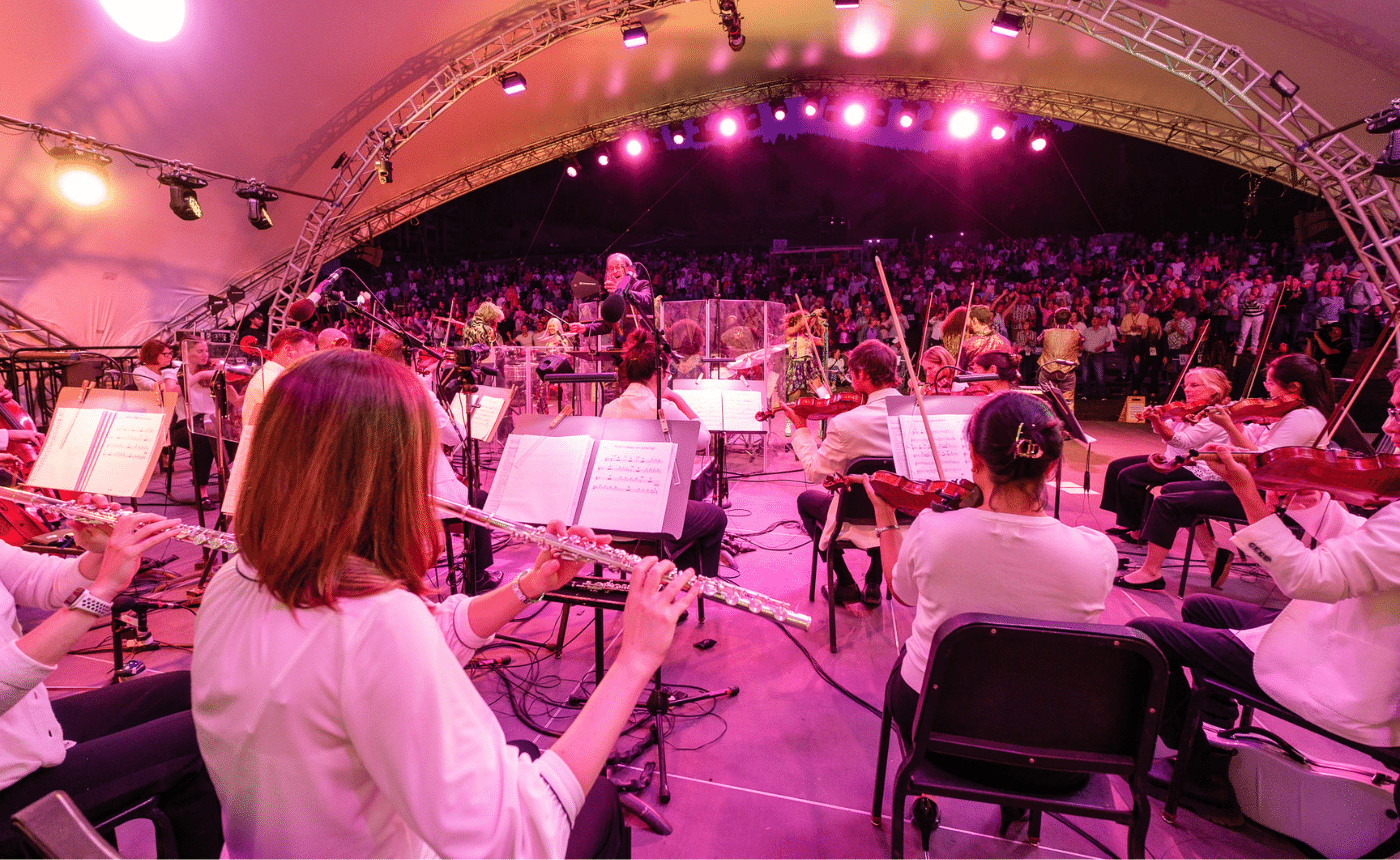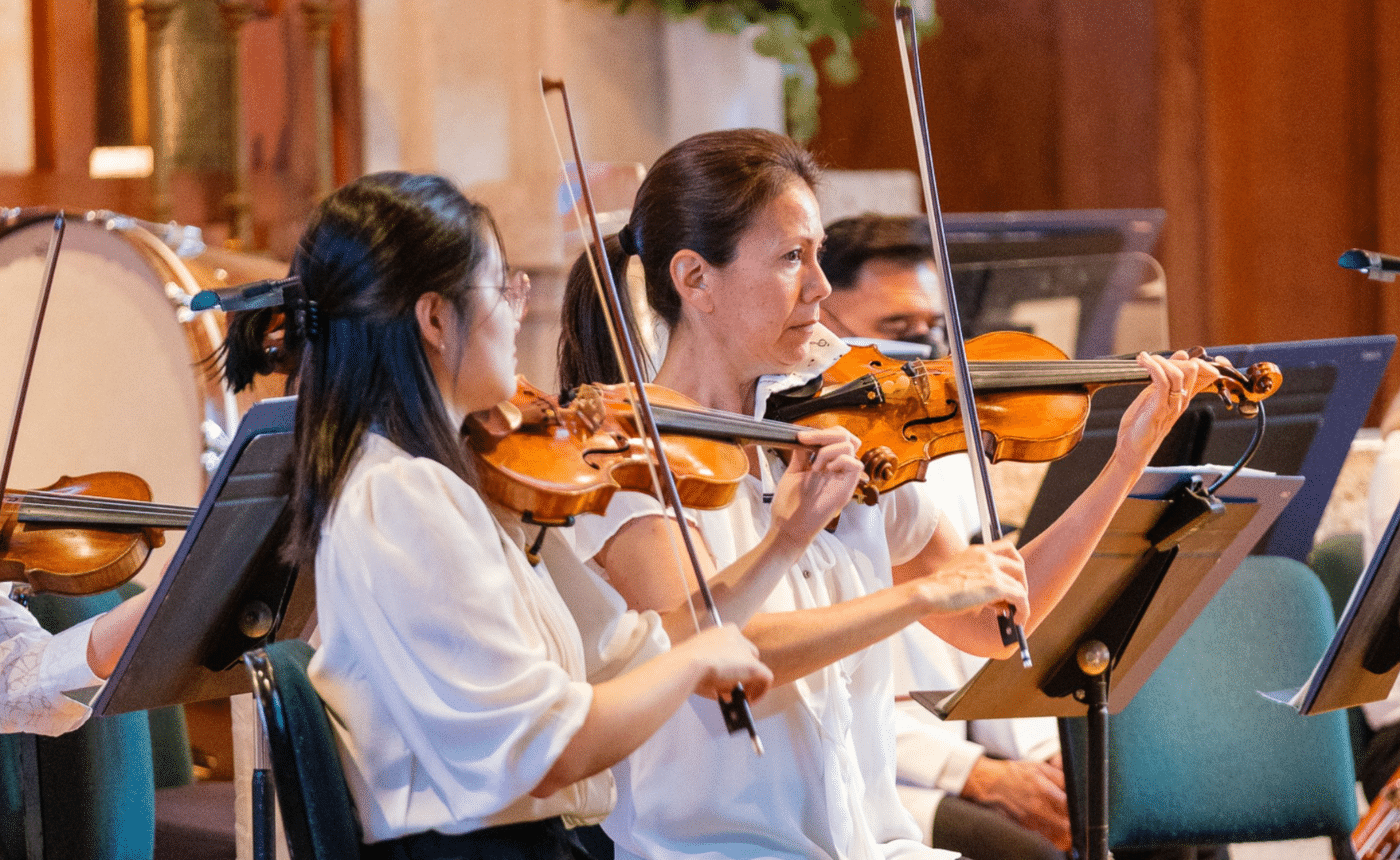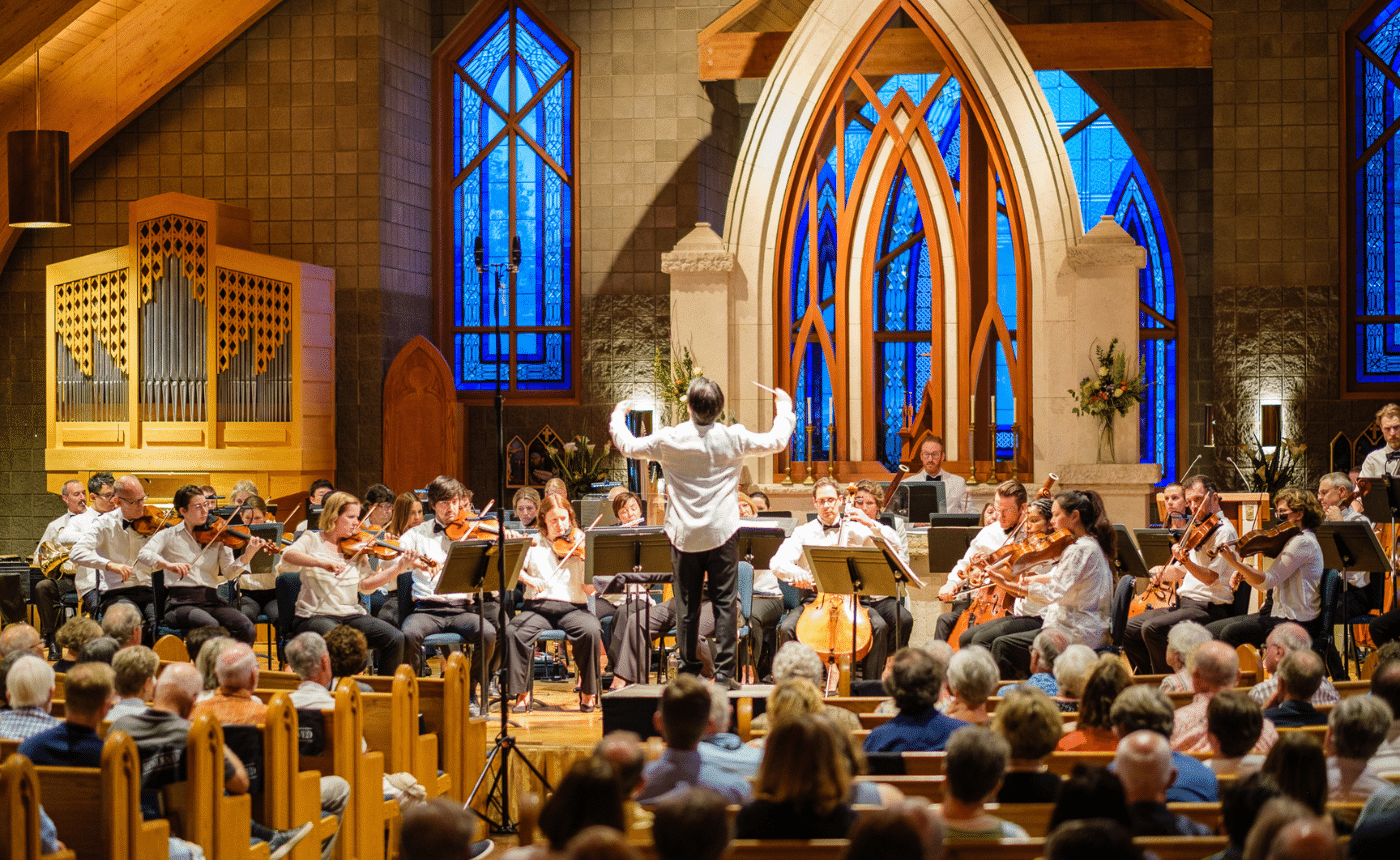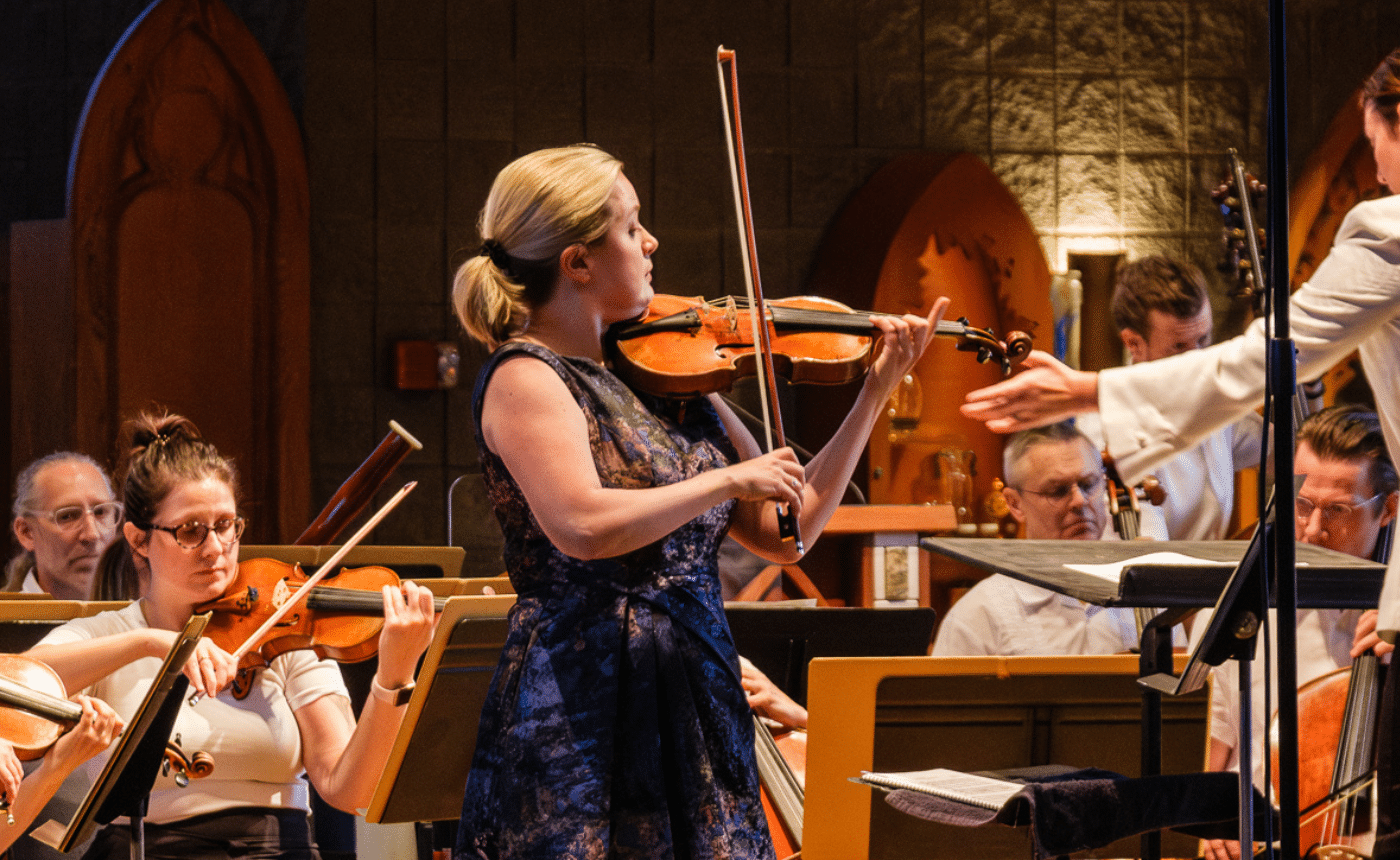Tchaikovsky – Symphony No. 5 in E Minor, op. 64
by Jeff Counts
Instrumentation: 3 flutes (3rd doubles piccolo), 2 oboes, 2 clarinets, 2 bassoons, 4 horns, 2 trumpets, 3 trombones, tuba, timpani, strings
Duration: 44 minutes in three movements.
THE COMPOSER – PIOTR ILYICH TCHAIKOVSKY (1840-1893) – Like most of the snapshot moments of Tchaikovsky’s life (and so many other composers it seems), the year 1888 could be accurately remembered either for its professional successes or its personal setbacks. He was awarded a lifetime pension that year by Alexander III and was enjoying recognition across the musical map, but he was also reeling from what he considered his “final illness” and had drafted his will two years earlier.
THE MUSIC – Though eleven years separate the 4th and 5th Symphonies, Tchaikovsky was by no means idle in his orchestral pursuits as a composer. He wrote a few thrilling suites (of which two could have been rightly called a symphony) and the unnumbered Manfred Symphony. As his official return to the form, the 5th Symphony was not as explicitly “programmatic” as the 4th, though many have tried to pin similar associations to it. The impulse was not wholly without reason or possible evidence. Tchaikovsky’s own notes from the period speak of a “complete resignation before fate” and “the predestination of Providence.” He also wrote of “reproaches against XXX” and asked whether or not he should “throw [himself] into the embraces of faith?” These are tantalizing fragments of thought and they almost match the mood of the symphony’s opening movement. The mention of “fate,” whether in the Beethovian sense or something much more personal, surely needs no introduction as a lifelong obsession of Tchaikovsky’s. But what in the world was “XXX?” Tchaikovsky’s diaries contain the frequent use of codes like “X” and “Z” but the hidden subjects (homosexuality? gambling addiction? something else?) represented by these designations have never left the realm of theory. In the end, the music does not believably match the suppositions. There is far too much triumph to see it as a journey past Tchaikovsky’s many personal demons, to which he was not done bowing in 1888.
THE WORLD – Wilhelm II was crowned German Emperor in 1888, the same year that Jack the Ripper was terrorizing London. Also in 1888, Louisa May Alcott died of a stroke and Vincent Van Gogh famously removed a portion of his ear.
THE CONNECTION – Tchaikovsky 5 was last performed by the Utah Symphony on the Masterworks Series in 2009. Andrew Grams conducted.












